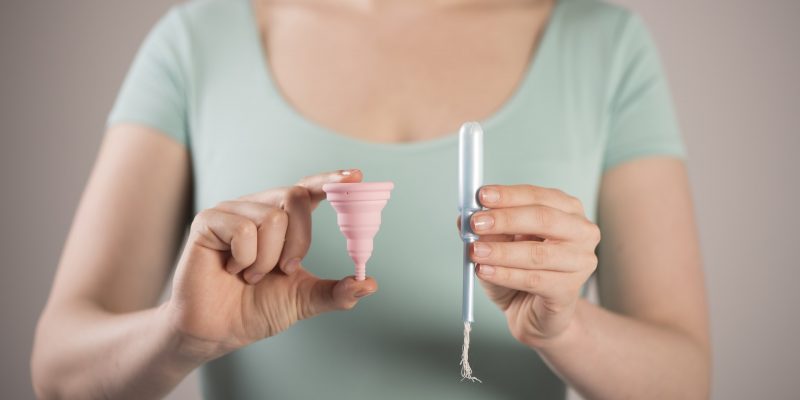From the 1st of January, the government has abolished the 5% rate of VAT on sanitary products – referred to as the “tampon tax”.
The move follows Scotland becoming the first in the world to make period products free in November.
Many campaigners welcomed the end of the tax, which was viewed by many as ‘sexist’. Human Rights Lawyer and CEO of the Fawcett Society, Felicia Willow says: “We warmly welcome the scrapping of VAT on all sanitary products from 1 January 2021 and congratulate the Government on taking this positive step.
“It’s been a long road to reach this point, but at last the sexist tax that saw sanitary products classed as non-essential, luxury items can be consigned to the history books.”
While some celebrated this change, some charities believe the government could still do more to tackle period poverty in Britain.
Linda Allbutt from North Staffordshire-based charity Period Power says: “It could have been done a while ago to be honest. They’ve used the EU red-tape and regulations to try and convince people that it was not possible but it could have been done.”
She believes that although abolishing the tampon tax will help, products are still too expensive for those living in poverty – “I’m not impressed with the government at all in any way to be honest. A decent pack of pads will cost 2 pounds, it’s going to take 10p off this which is still far too expensive for most women who are struggling financially.”
Last year more awareness was raised about period poverty in schools. In January, the Free Periods group successfully campaigned for the government to provide free sanitary products to schools and colleges across England in 2019.
However, the pandemic has now raised a new set of challenges, with many charities seeing a large increase in demand. Allbutt says: “We’ve been inundated with requests for help. Under normal circumstances, we were spending between three and 500 pounds a month just on period products alone, now we’re spending at least two thousand pounds a month.”
Other charities have had similar experiences Sheona Masterton who works for Freedom4Girls says “it has skyrocketed in the UK. We are delivering five times more products now than we were before the pandemic.”
Living in isolation has also raised issues for women: “we are meeting a lot of people who are really struggling to manage their periods, while they are in isolation as well.” Masterton adds that: “It’s got really bad and I think it will just get worse and worse, particularly once the furlough scheme ends and people find themselves in more poverty.”
The Treasury has estimated the move will save the average woman nearly £40 over her lifetime, with a cut of 7p on a pack of 20 tampons and 5p on 12 pads. Masterton says “month by month it’s probably not going to make a huge difference but it’s a step in the right direction”.


 Tesco and Aldi take a stand against food poverty
Tesco and Aldi take a stand against food poverty